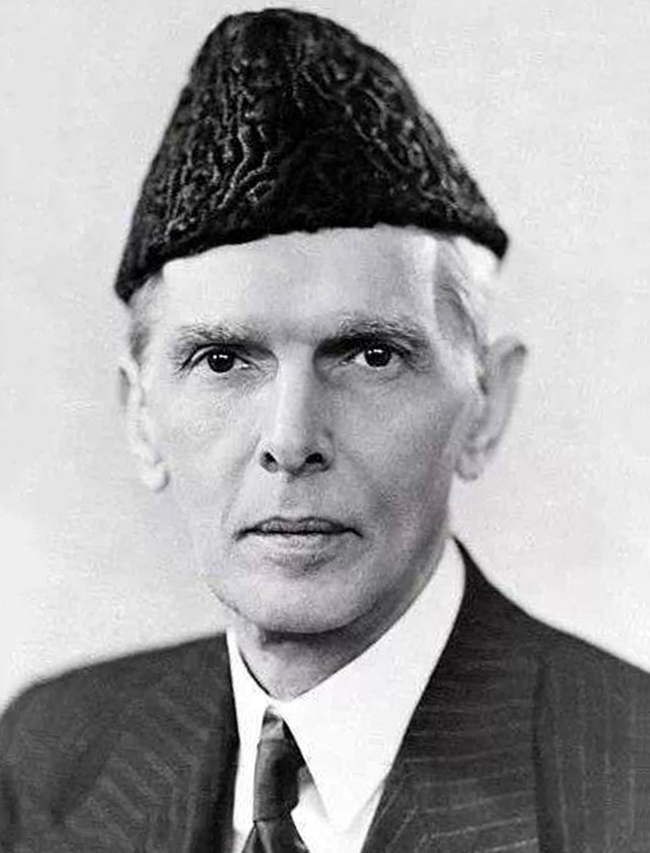More than 40 countries have banned UK arrivals because of concerns about the spread of a new variant of coronavirus.
Flights from the UK are being suspended to territories across the world including Spain, India and Hong Kong.
France shut its border with the UK for 48 hours, meaning no lorries or ferries can leave from the port of Dover.
Boris Johnson said he spoke with French President Emmanuel Macron and both sides wanted to resolve “these problems as fast as possible”.
The prime minister told a Downing Street press conference: “We had a very good call and we both understand each other’s positions.”
Mr Johnson, who earlier chaired a meeting of the government’s emergency committee, added: “We are working with our friends across the Channel to unblock the flow of trade.”
And French Europe Minister Clément Beaune said they would announce on Tuesday what measures were being introduced “after this phase of emergency and harsh precaution that we had to take”. He said they would come into effect from Wednesday.
European Union member states met earlier in Brussels to discuss a co-ordinated response, with officials suggesting a requirement for tests could be imposed on all people arriving from the UK.
It came as the Northern Ireland Executive met on Monday night to consider whether to impose a travel ban between NI and England, Scotland and Wales.
- Christmas ‘in jeopardy’ after ban on UK travellers
- Laura Kuenssberg: The battle to control a sprawling crisis
- Flights shut down as EU discusses UK virus threat
- New coronavirus variant: What do we know?
Countries to impose a ban on UK arrivals include Belgium, Canada, Germany, Ireland, Italy, Portugal, Romania, Russia, and Switzerland.
Some of the bans are already in force while others are to begin on Tuesday.
Eurotunnel services to France are also suspended and Eurostar trains to Belgium are not operating.
However, Eurotunnel spokesman John Keefe said he hoped travel from the UK could begin on Wednesday or Thursday.



